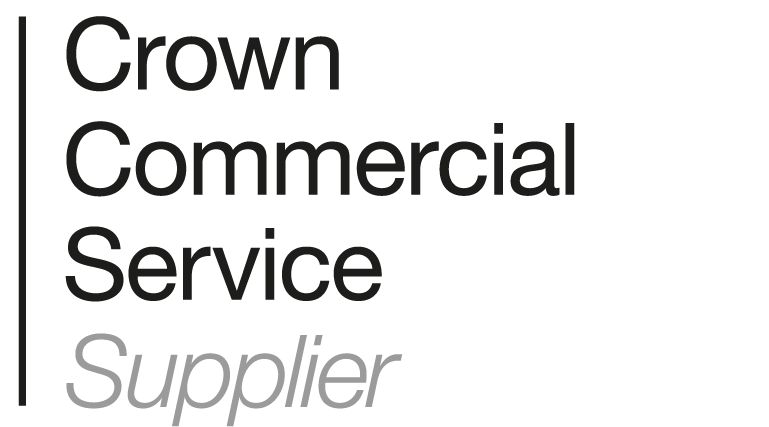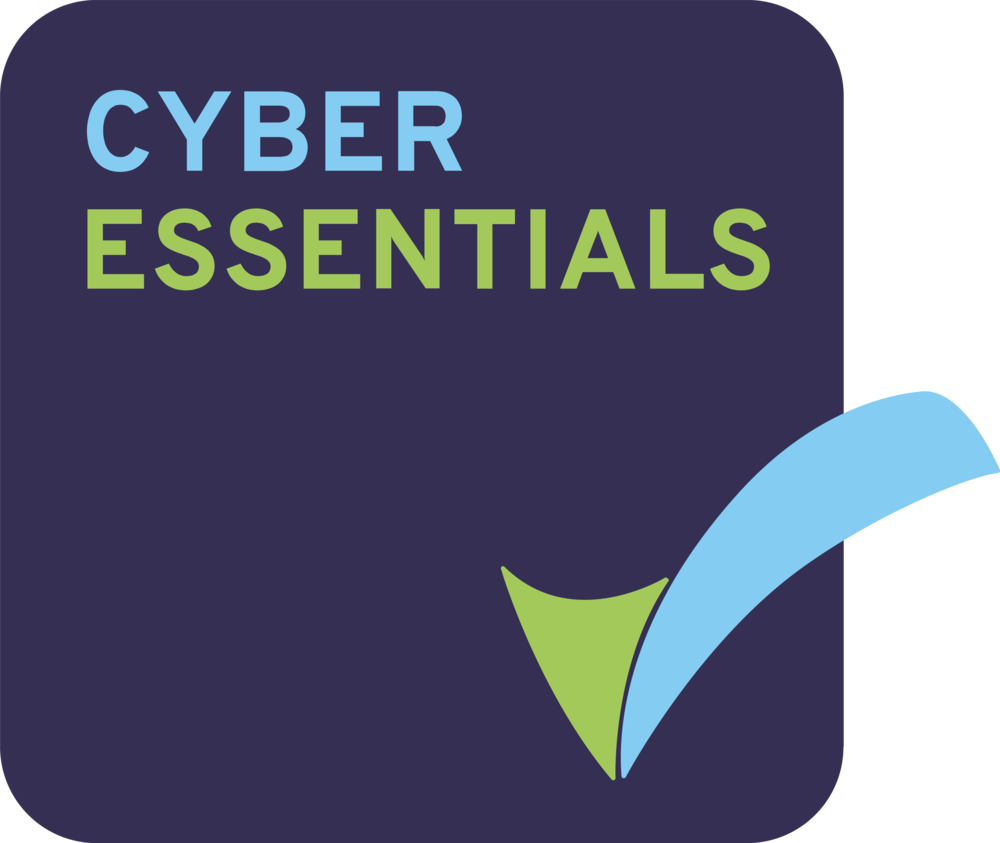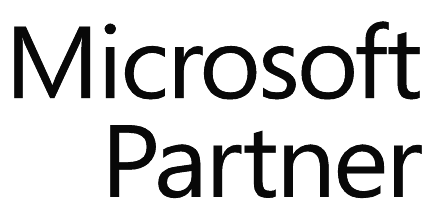As voice recording systems reach end of life, banks must find a way to preserve the recordings and the voice data integrity, so they remain accessible for regulatory retrieval purposes. The typical approach involves migrating the legacy voice recordings into a new voice recording system which can be a bit like putting a square peg into a round hole – it cannot be done in its entirety without changing the original format of the data, an unacceptable compliance risk.
But just how aware is your compliance team on matters concerning the data integrity of legacy voice recordings?
Challenges when Maintaining Voice Data Integrity
Banks are duty bound to record particular phone calls and store, manage and audit these recordings as certain regulatory and compliance bodies dictate. When the retention periods on these recordings exceed the shelf life of the voice recording system, banks have no choice but to find a way to ensure the recordings can be accessed and retrieved quickly or risk a regulatory fine.
To find out more about voice recording accessibility, check out our article:
All you need to know about Call Retention & Retrieval
The typical approach is to export the calls into a readable format using standard toolsets. Not only is this a costly and inefficient process due to throughput limitations within the toolsets, the process itself would make any compliance officer’s hair stand on end because it often involves transcoding the audio. Putting it bluntly, the original source files are changed to bring the audio into the chosen voice recording system or replay and management portal. Changing the original recording file raises questions to the integrity of that recording – how can anyone be certain that the original content has not been changed when the file is not an original?
How Can Wordwatch Maintain Voice Data Integrity?
Banks and financial services organisations are overcoming these risks by implementing Wordwatch. Specifically designed to ingest voice recordings from multiple call recording platforms Wordwatch by design, fulfils a critical data integrity ask from compliance, that the recordings remain in their original format.
Related Content [Case Study]
Wordwatch Tier 1 Banks Legacy Consolidation
Business Systems follows a defined and proven methodology to ensure that the meta data is mapped and ingested into the Wordwatch database. At no point does Wordwatch enforce its own naming conventions on the data and the audio does not need to be pre-transcoded to replay and manage the interactions.
The audio remains in the original capture system’s audio format on whichever storage medium the customer requires (this can be moved to other storage e.g. cloud storage if required). This has been a key criterion used by Tier 1 Banks when selecting Wordwatch as the strategic replay and management application for all voice content globally.
Managing Retention Periods While Maintaining Voice Data Integrity
As a compliant replay and management solution, Wordwatch ensures that all voice recordings, wherever they have been captured, on whichever device, can be managed for the required retention periods, with data integrity maintained throughout. This removes the risk of any legitimate challenge to a recording and safeguard’s the organisation’s reputation. It also means that clients can remove legacy hardware and non-compliant systems from their environments and still ensure all voice recordings and other interactions can be searched and replayed easily.
Wordwatch – In Summary
Wordwatch allows audio data to be kept in its original format to ensure integrity and validity are not diminished. It is the only solution of its kind available on the market today and considered a must for many regulated organisations who need to manage and preserve voice recordings and mitigate risks to data corruption and data loss.
If you have concerns about maintaining data integrity, please contact us to discuss.















